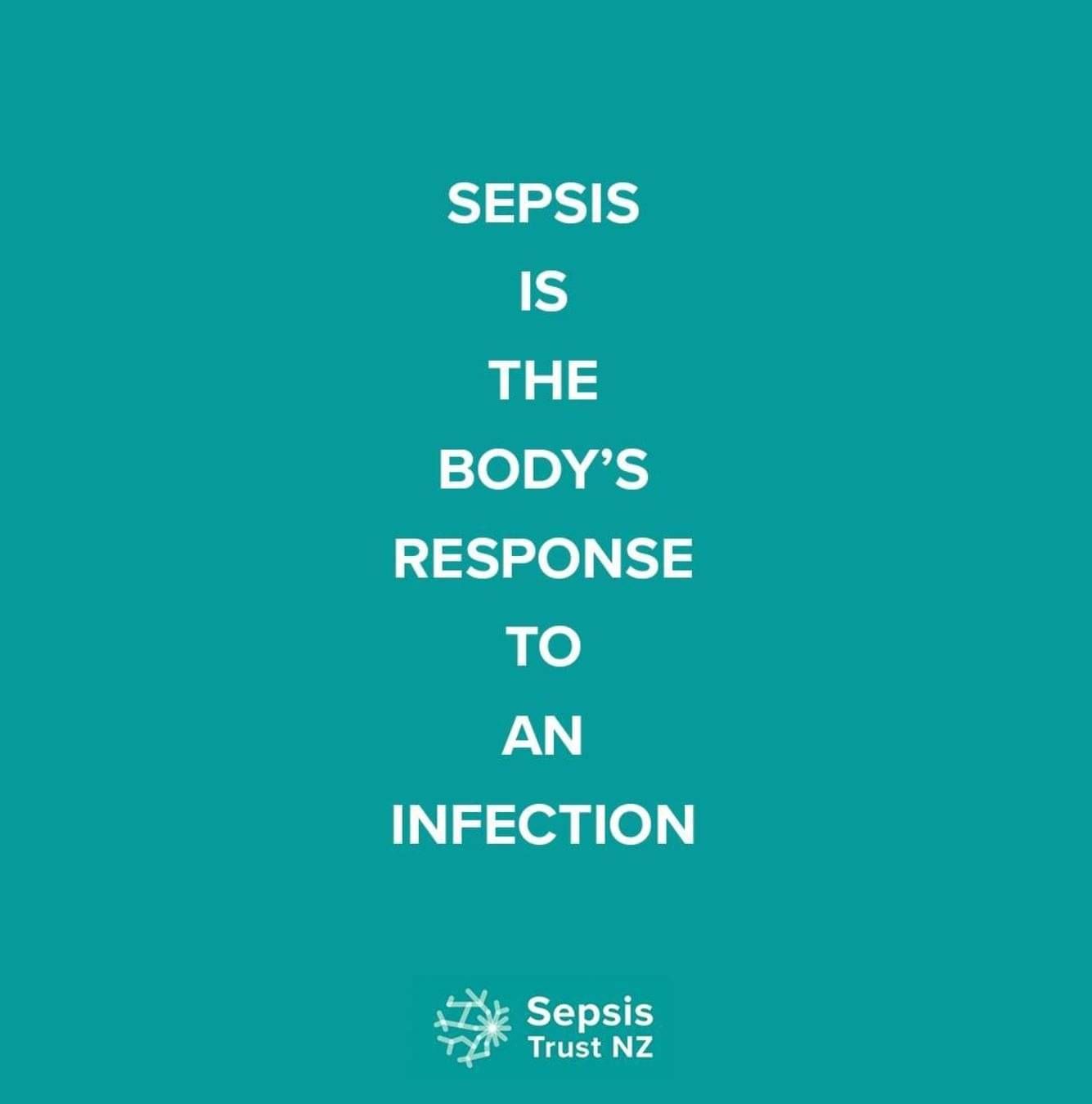While in Hospital
Information for patients, family, and whānau
While sepsis is treatable if it is identified and managed quickly, in almost all instances, it will require admission to hospital.
Early treatment includes the ‘Sepsis Six’ regime.
Giving antibiotics intravenously (into the vein).
Giving fluids intravenously.
Giving oxygen if levels are low.
Taking blood cultures - to identify the type of bacteria causing the infection.
Taking blood samples - to assess the severity of the sepsis.
Monitor urine output - to assess how well the kidneys are functioning
This treatment is often sufficient to stop the progression of the illness and patients may stay on the inpatient ward. Some people may require admission to an intensive care unit (ICU). Due to problems with vital organs, people with sepsis are likely to be very ill.

Intensive care and high dependency unit admissions
In sepsis, damage to vital organs might stop them from working properly. The intensive care unit (ICU) and high dependency unit (HDU) are where the sickest patients in the hospital are treated. The doctors and nurses there are able to give a person treatment to support their vital organs, like their heart, kidneys, and lungs. In ICU/HDU:
A person can be carefully watched and monitored; including checking their heart rate, blood pressure, breathing, and oxygen levels. These checks are all very important and they allow the nurses and doctors to quickly change treatment as needed.
The doctors, nurses, and physiotherapists are specially trained to explain what is happening.
The nurses only look after one or two patients.
What happens after ICU/HDU?
The main goal of the doctors and nurses in the ICU/HDU is to get you or your family/ whānau member well enough to be discharged to a ward or a “step down unit”. Sometimes it feels as though this happens quickly, but the nurses and doctors make sure that people are ready to leave before they are moved. The ward or step down unit is where a sepsis survivor’s rehabilitation journey begins. A person will be seen and assessed by many different health professionals. These health professionals will make sure that you or your family/whānau member are well enough to go home or discuss extra treatment if the infection/sepsis is not improving quickly enough.
